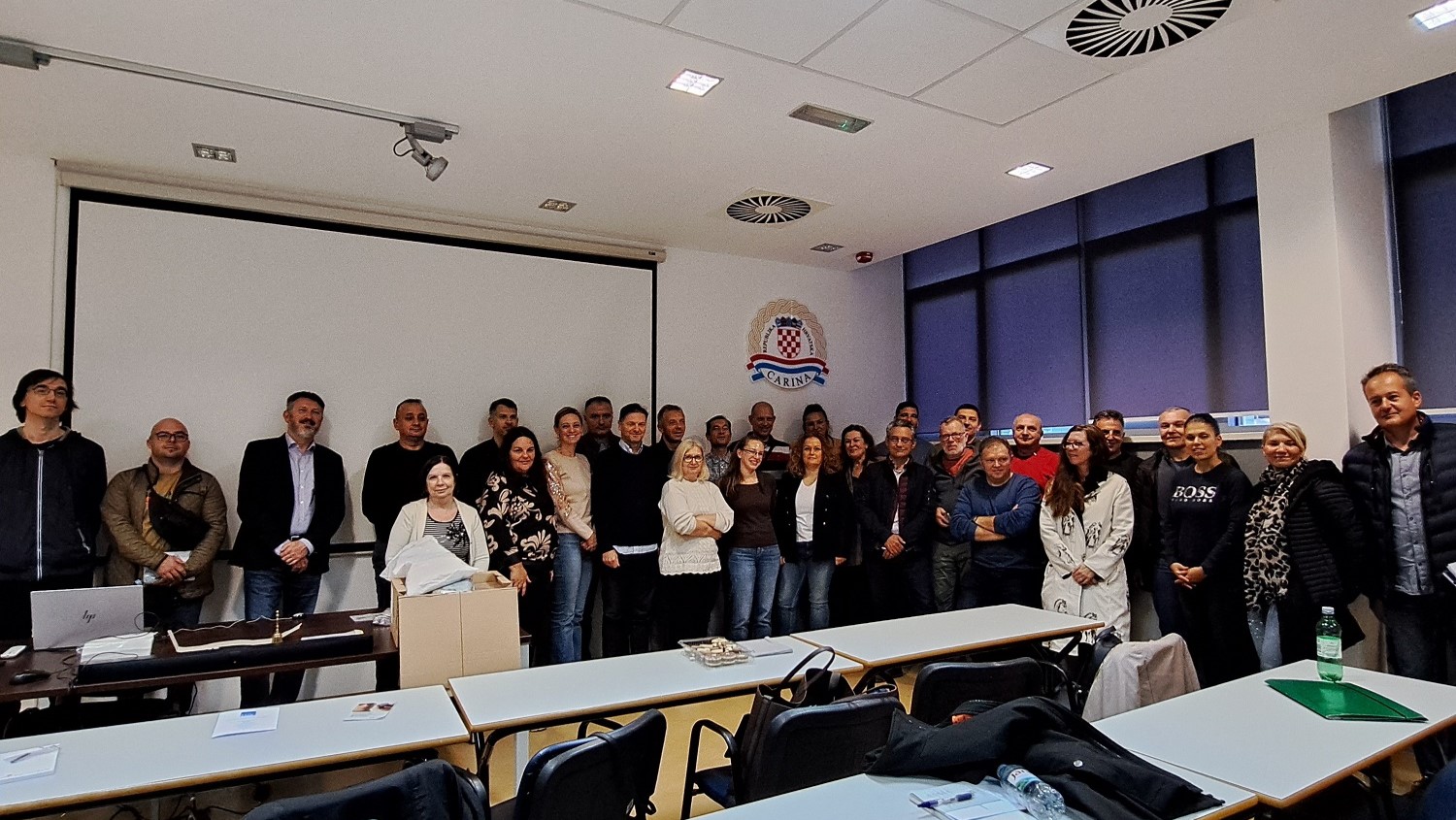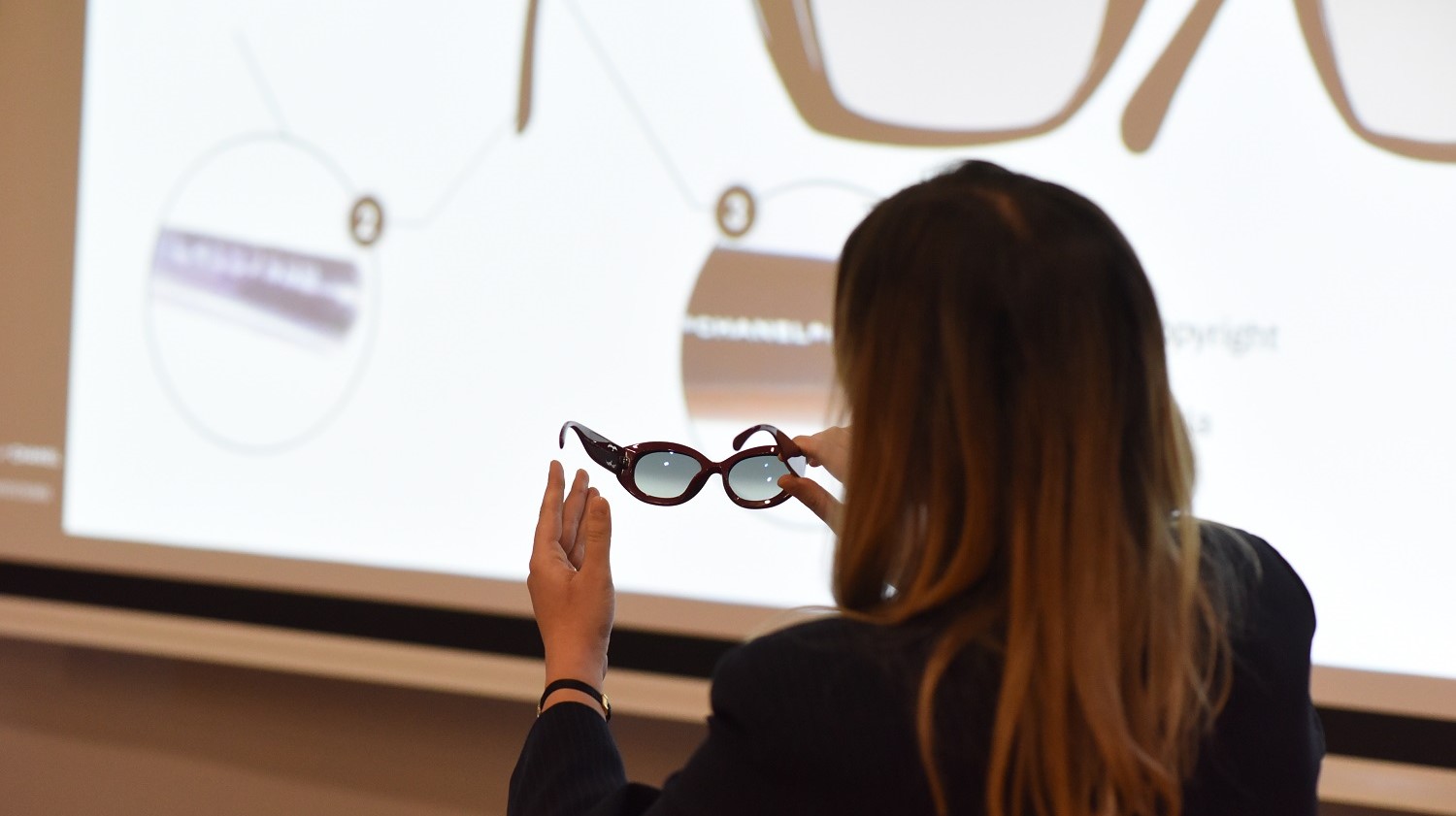The Croatian State Intellectual Property Office (SIPO) has recently demonstrated a possible evolution in its approach to trademark assessments. In a significant decision, SIPO reconsidered and ultimately reversed a provisional refusal of the trademark “SAFEGUARD CONNECT”, marking an important moment for trademark applicants and intellectual property practices in Croatia.
Initial Decision and SIPO’s Reasoning
At first, SIPO classified “SAFEGUARD CONNECT” as descriptive, expressing the view that consumers might not recognize it as a distinctive sign identifying the commercial origin of the goods and services. The Office based its decision on the meaning of the terms “SAFEGUARD” and “CONNECT,” which, when translated into Croatian, were interpreted as describing the features of the applied goods and services rather than functioning as a unique indicator of origin.
In its initial assessment, SIPO argued that the mark conveyed the idea of protection and connectivity, particularly for Class 9 products related to agricultural machinery, as well as services in Classes 37, 39, and 42, such as maintenance, repair, and information services. The Office believed that consumers might view “SAFEGUARD CONNECT” as merely descriptive of the goods’ functions, thus not eligible for registration as a trademark.
A Reconsideration of Distinctiveness
The applicant contended that “SAFEGUARD CONNECT” should not be classified as a descriptive mark, asserting that it comprises two components perceived by the average consumer as a unified whole rather than as distinct parts. Furthermore, the applicant highlighted that the term “SAFEGUARD CONNECT” does not appear in relevant dictionaries, particularly in the Croatian language, underscoring that its interpretation as a complete mark is essential for consumer understanding.
After a thorough reassessment of the evidence and arguments provided by the applicant, SIPO concluded that the mark “SAFEGUARD CONNECT”, when considered as a whole, possesses sufficient distinctiveness for the goods and services in question. This decision reflects SIPO’s openness to considering different interpretations of how consumers perceive trademarks in the marketplace.
This reconsideration is particularly noteworthy because SIPO has traditionally maintained a careful and cautious approach when evaluating trademarks on absolute grounds for refusal. The Office’s willingness to engage with the applicant’s arguments and take a fresh look at the mark signals a more flexible and thoughtful approach to trademark assessment.
The Importance of Structured Argumentation
This decision also highlights the value of presenting well-organized arguments and providing supporting documentation when applying for trademark registration. In this case, the applicant successfully supplemented their argument with evidence from other jurisdictions, including trademark registrations, which helped demonstrate the mark’s distinctiveness on an international scale. This thoughtful approach can serve as a useful guide for future applicants navigating similar challenges.
Conclusion
With “SAFEGUARD CONNECT” now registered and protected until 2031, this decision could represent a meaningful development in Croatian trademark practice. As SIPO continues to adapt and evolve its approach, applicants may find new opportunities to protect their intellectual property. By staying attuned to these changes, businesses will be better positioned to secure and defend their brands in an increasingly competitive marketplace.
This text is for informational purposes only and should not be considered as legal advice. Should you require any additional information, feel free to contact us.







